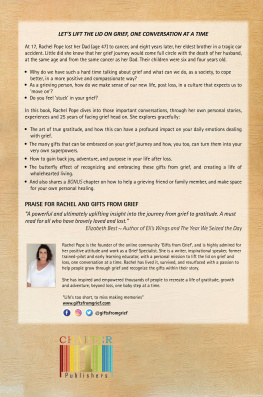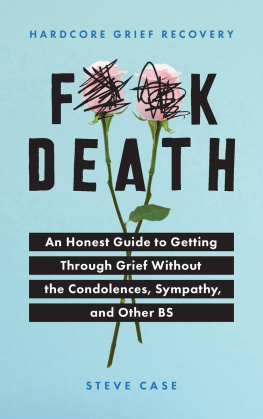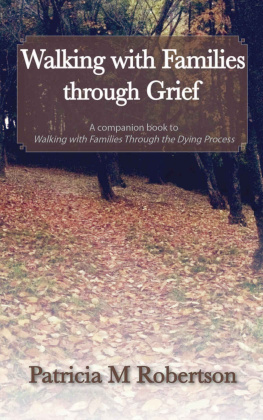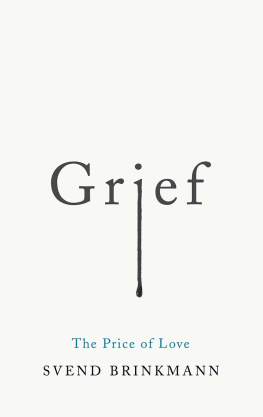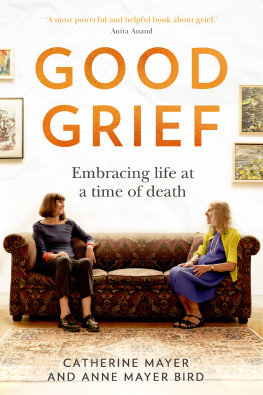Copyright 2020 Liz Petrone. Printed by Broadleaf Books, an imprint of 1517 Media. All rights reserved. Except for brief quotations in critical articles or reviews, no part of this book may be reproduced in any manner without prior written permission from the publisher. Email copyright@1517.media or write to Permissions, Broadleaf Books, PO Box 1209, Minneapolis, MN 55440-1209.
Cover image: Alice G. Patterson
2
Prologue: The Decorative Apple
Let me tell you a story.
Im sixteen years old, sitting in the kitchen with my mother while she makes dinner. And just for purposes of context here, let me also tell you a little about me at sixteen: Im a hot mess. Im drinking. Im drugging. I just got my heart truly broken for the first time by my first love. I cannot bear to be in the same room as my mother most of the time (and honestly I think the feeling is mutual). And Im starting to feel thingsbig and heavy adult things, like pressure and inadequacy and pain and depression and anxietyand Im convinced Im so amazingly special that Im the only person on the whole planet who has ever felt these things. Basically, Im out of my mind and terrified.
And then, on top of everything else, Ive stopped eating, which at this point isnt even a conscious decision as much as it is a misguided coping mechanism. I certainly dont realize then that Im probably starving myself in an attempt to slow down or even reverse time, to carve the new curves out of my body and keep me a kid a little while longer, where life felt simpler and less lonely. No, at this point all I know is that obsessing over food and my body feels a heck of a lot easier than actually facing anything else Im feeling.
Anyway, so there I sat in the warm kitchen, watching my mother make dinner. Im sure I was supposed to be doing my homework or something else, but I dont remember any of that. I just remember watching her. And God, was she a sight. If I was a hot mess (and I was), she was my polar opposite; fresh from her big job in a power suit with full makeup, big shoulder pads and bigger diamonds. Shed been commanding rooms since well before I was born and the kitchen was no different; it was hers and I was a visitor, desperately trying to shrink myself into the corner. By then things were tense between us most of the time, and in the kitchen it was so quiet that the click of her heels on the hardwoods rung out like a heartbeat.
Are you okay? she asked me, finally, probably weirded out by my staring. And isnt that the question, right there? Was I okay? I was not okay, and I was sure she could see that if she just stopped and looked, like really looked at me, my dilated pupils and the hollows under my eyes from not sleeping, the way all of the weight Id lost made my clothes hang off of me, the protective way Id hunch my shoulders around my heart and try to curl up into the smallest configuration of myself as possible.
But I lied, told her I was fine. Of course I did because thats what we do, right? Id already learned at sixteen that in order to survivein order to remain upright and breathing and presentableI needed to hide some things, paint over some things, suck some things in and swallow some things down. Some things were to be avoided, like food or truth, and others were to be flat out denied. So I let my chance go by and I lied, and instead of looking at her in the face, I let my focus rest on the kitchen table in front of me, and more specifically, on the ever-present bowl of apples in the center of it.
This bowl of apples was a fixture in our house, and they were not for eating. They were the best apples, the biggest, shiniest, roundest Granny Smith green apples specially picked to sit in this blue bowl on the kitchen table, catching the evening light through the window and looking perfect. (If you wanted to eat an apple, the ordinary onesthe ones just for eatingwere in the fridge.)
Gosh it sounds ridiculous now to say that, but it was just the way it was. I was sixteen and a hot mess and kind of a jerk, and I decided right then that I was going to eat one of those decorative apples right there in front of my mother just because I could, because the air in the kitchen had filled with the smell of olive oil and garlic, and all I could think about was how I was just so very hungry. This isnt surprisingin every memory of high school I have I am hungry as hell, except hungry probably isnt even the right word. Its more of a deep emptiness, a lack of something that goes well beyond food and even biology and edges itself into this idea of not enough, never enough. Its an emptiness that I will carry with me in some fashion for most of my life, an emptiness that despite all the work and all the wisdom that has come I still wrestle with, even now as an adult the same age my mother was in that kitchen all those years ago.
So I found the best apple, the shiniest and the roundest and the greenest of them all. I picked it up and turned it around and around in my shaking hand to find the best first bite, and just as I brought it up to my mouth, it cracked clean in half in my hand. The two pieces fell open onto the table; the inside of that perfect apple was rotten, all brown, soft, mealy, and gross. I spent a long time looking at it lying on the table in front of me, smelling that sickly sweet fermentation smell, remembering how perfect it had looked on the outside, convinced there was a message there for me. And there was a message in there, all right, something big. I wasnt old enough yet or ready enough then to get it, but I felt the edges of it tugging at me anyway. I looked from that rotten apple to my gorgeous mother; the heartbeat of her heels still clicking around the kitchen.
It had looked so perfect.
***
We lost my mother five years ago to suicide. It was, as these things often are, totally unexpected. In the first few days after it happened, people just kept coming up to me: her friends, her neighbors, her coworkers, even her family, saying the same things over and over again:
But she was so perfect.
She was so beautiful.
She was so together.
And what did I remember? The apple. I thought of that decorative apple and how it had been picked for display and never for function, and I realized that maybe the thing that had tugged at me as I sat there in the kitchen, smelling garlic and holding a rotten apple, was this idea of how what we show the world on our outside doesnt always match whats actually going on in our inside.
Right? Our outsides can lie. They can lie the same exact way that we do, the way weve learned to lie when people ask us if we are okay and we say, No, really, Im fine, its fine, everything is fine, when maybe the truth is we are dying a little inside. The way I was already lying all those years ago at sixteen, starving and drinking and hiding the truth away. The way my mother maybe lied her whole life, hiding everything going on deep inside and out of sight. The way weve created a whole culture out of making ourselves presentable, perfect, shiny, and filtered, and sometimes no one really knows whats going on inside until its too late.
When my mother died and it was time to plan the funeral, the priest asked if he could talk openly about suicide during the funeral mass.
Yes, of course, I said, remembering the apple.


